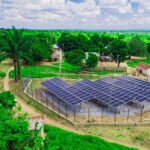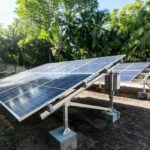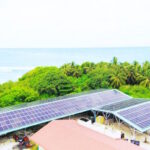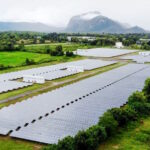Introduction to the Caribbean Renewable Energy Development Programme (CREDP)
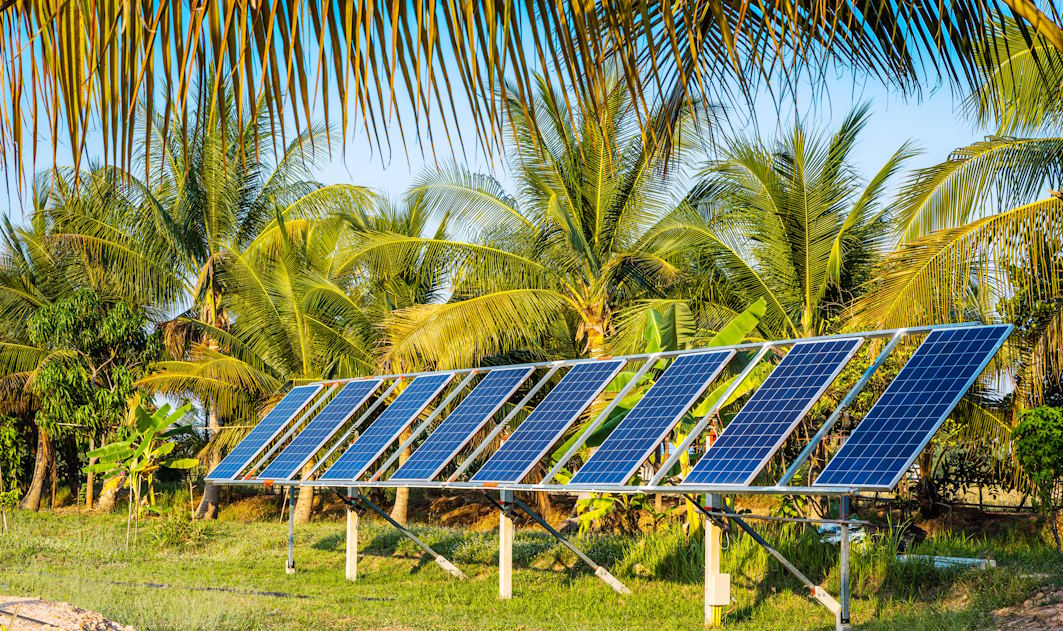
The Caribbean Renewable Energy Development Programme (CREDP) stands as a pivotal initiative aimed at transforming the energy landscape of the Caribbean region through the promotion and integration of renewable energy sources. Spearheaded by various international and regional stakeholders, CREDP addresses the critical need for sustainable energy solutions in a region historically dependent on imported fossil fuels. This article provides an overview of exploring the goals of CREDP in the Caribbean region, strategies, and impacts on the Caribbean’s journey towards energy sustainability.
Objectives of CREDP
CREDP’s primary goal is to reduce the Caribbean’s reliance on imported petroleum products by fostering the development and significance of renewable energy in Caribbean sustainability and energy efficiency (EE) technologies. By doing so, the program seeks to enhance energy security, mitigate environmental impacts, and stimulate economic growth through the green job creation. CREDP aims to achieve these objectives by facilitating policy development, capacity building, and the implementation of pilot projects across the region.
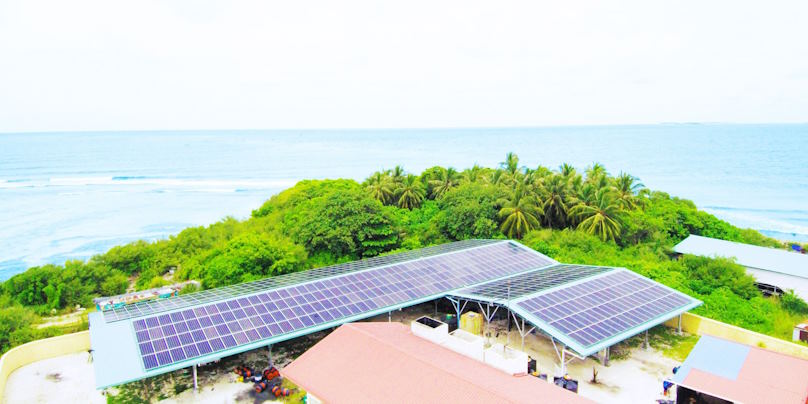
Strategies for Implementation
To realize its objectives, CREDP employs a multifaceted strategy that encompasses policy support, technical assistance, and financial mechanisms. One of its key strategies is the engagement with Caribbean governments to reform energy policies and regulations, creating a more favorable environment for renewable energy investments. CREDP also focuses on building local capacity by providing technical training and support to energy stakeholders, including utility companies, government agencies, and the private sector.
Financially, CREDP works to attract investment in renewable energy projects by reducing perceived risks and enhancing the financial viability of these initiatives. It includes facilitating access to financing for small and medium-sized enterprises (SMEs) and entrepreneurs in the renewable energy sector. Furthermore, CREDP supports pilot projects demonstrating the feasibility and benefits of renewable energy technologies, such as solar, wind, geothermal, and biomass, across the Caribbean.
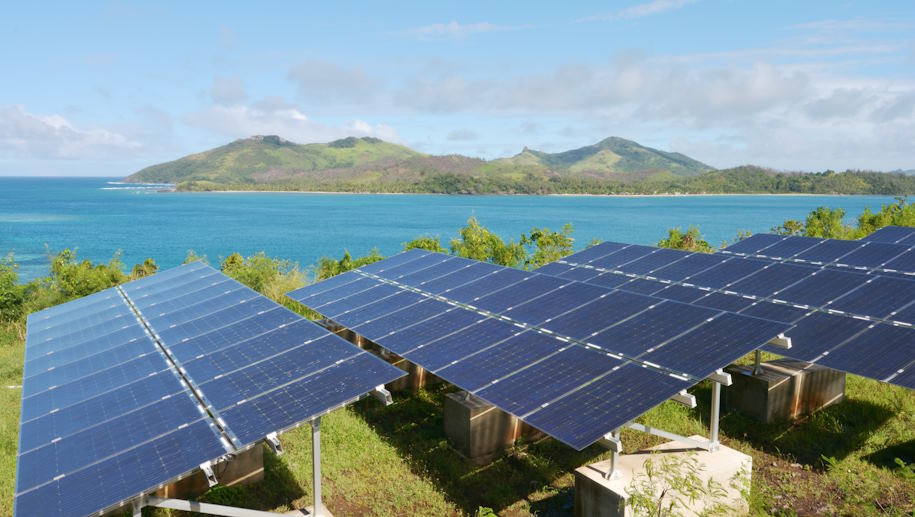
Impact and Achievements
Since its inception, promoting energy security through CREDP’s strategies in the Caribbean. The program has played a vital role in developing and revising energy policies, resulting in increased investment in renewable energy projects. It has also played a crucial role in raising awareness about the benefits of renewable energy and energy efficiency, leading to greater public and private sector engagement in sustainable energy initiatives.
Moreover, CREDP’s efforts have contributed to a noticeable increase in the installation of renewable energy systems across the Caribbean, reducing greenhouse gas emissions and enhancing energy security. The program has facilitated the training of numerous professionals in the region, equipping them with the skills necessary to support the growing renewable energy sector.

